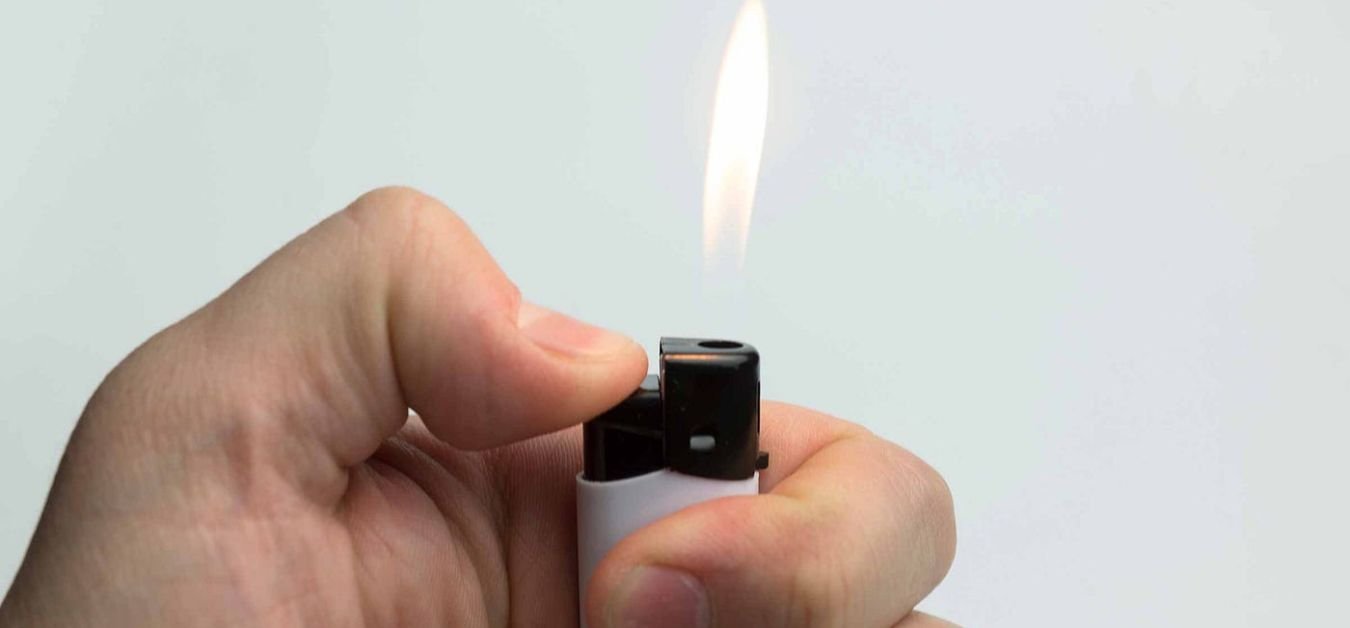If for any reason you board on a plane, you should comply with the safety rules. Many people are concerned whether they can leave a flare on the plane or not. If you’re one of people like that, there is no need to worry because you are about to discover everything that you may need in a few minutes. The guide will discuss the types of lighters you are allowed to bring on a plane, and they will also show you how to pack that lighter properly.
We’ll make it short and concise, thereby ensuring that you like me at the end of the day because just before then, you’ll have all the info you need about me. The advantage of this is that when you get to the airport, you’ll be confident with no unexpected hiccups.
Understanding TSA Rules
Carry-on Luggage
- Standard Lighters: The Transportation Security Administration (TSA) will also be allowing only one full lighter for passengers. Either, this should be a disposable lighter or the match lighter that gives at least extratime dedicated to excitement of match-like motion.
- Protection: A lighter is highly flammable and should be carried in hand or a carry-on to prevent causing damage. In checked baggage, a lighter must comply with all rules and regulations that apply.
- Torch Lighters: Torch lighters (jet flame lighters) are free of risk in both your bags to check in and carry on due to their powerful flame above.
Checked Luggage
- Lighter Fluid and Butane: As it is recommended, lighter fluids and butane refuels must be stored in checked or carry-on bags since they are prohibited by law.
- Safety Matches: One safety match could be sentenced, especially when it is not in your hand baggage.
International Flights and Regulations
you plan to fly to an area outside the United States it is important to consider the specific airline regulations as well as the country of destination. A cigarette lighter can go through the security check safely at a U. S. airport where there are regulations on the allowed, however, the rules can change once you arrive at the destination or with other airlines. S. -based airline.
Special Cases
Lighter Cases
- Some travelers may use expensive or sentimental lighter cases. In such scenarios, it is recommended to remove the lighter insert and carry the case separately to avoid any issues.
Electronic Cigarettes and Vaping Devices
- Most airlines have strict regulations regarding electronic cigarettes and vaping devices. They must be carried on your person or in carry-on luggage, not in checked bags.
Tips for Traveling With a Lighter
- Know the Limits: Familiarize yourself with the TSA’s one-lighter rule to avoid any last-minute inconvenience.
- Proper Storage: If you’re carrying a lighter on your person, ensure it’s stored safely to avoid accidental ignition.
- Check Regulations Frequently: Air travel regulations can change, so it’s best to check the latest guidelines before flying.
Consequences of Non-Compliance
Failing to comply with regulations can result in confiscation of the item, fines, or even delayed travel. It’s essential to adhere strictly to the security guidelines provided by the TSA or any other governing body.
Final Thoughts
Understanding and following the guidelines for bringing lighters on planes ensures a smooth travel experience. While bringing a lighter is allowed, it comes with certain restrictions that travelers must be mindful of. Always consult with the latest TSA guidelines or reach out to the airline if in doubt.
By keeping these points in mind, you can pack appropriately and avoid any trouble while boarding, letting you focus on the more enjoyable aspects of your air travel.
You Can Also Read: Can You Bring Snacks On A Plane?
Frequently Asked Questions
A standard disposable or Zippo-type lighter is allowed in carry-on luggage.
A lighter cannot be in checked luggage unless it is a disposable or Zippo-type lighter and is either empty or in a DOT-approved case.
You’re allowed to carry one book of safety matches on your person, but not in your checked luggage.
No, torch lighters are prohibited in both carry-on and checked luggage.





